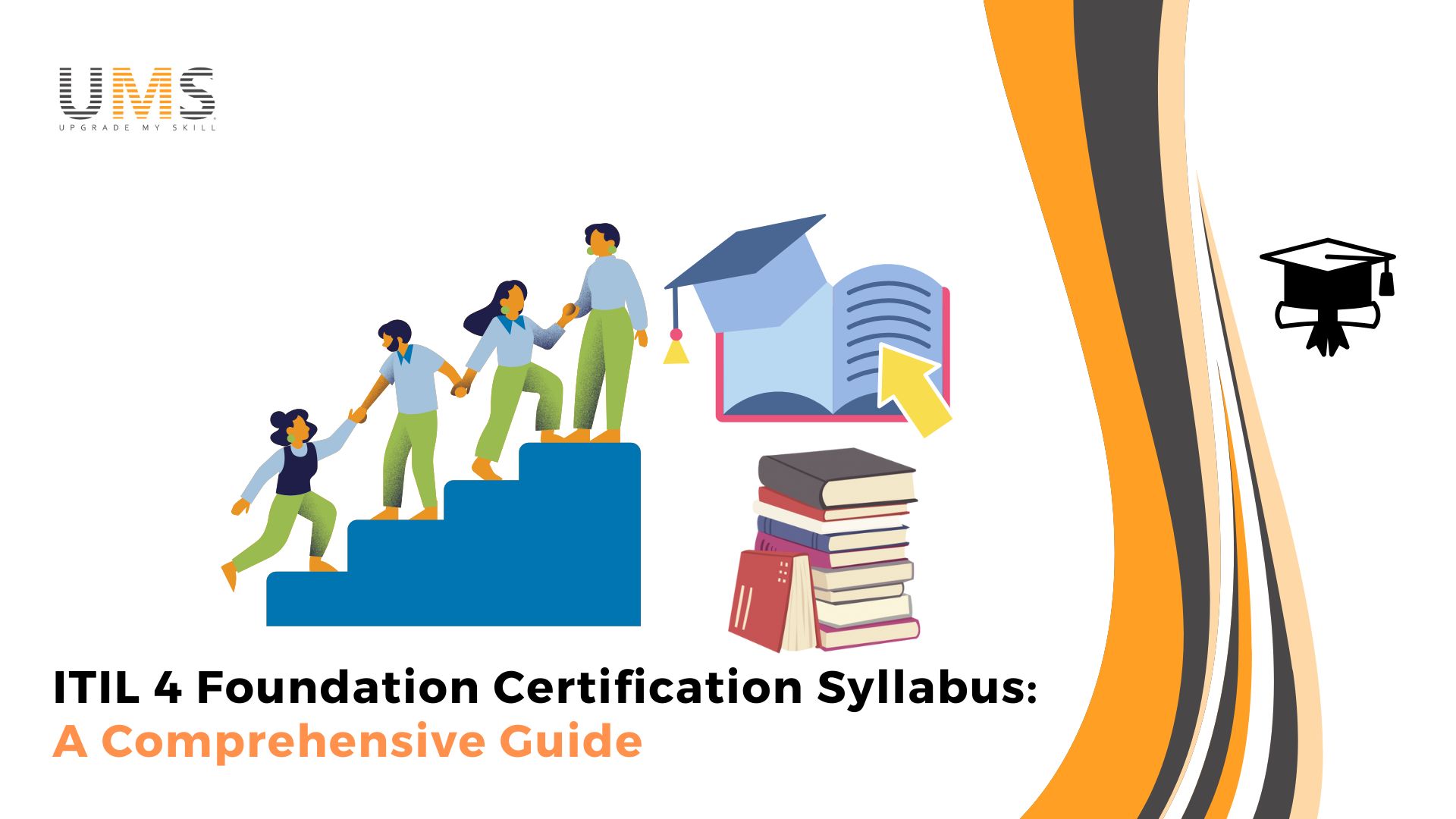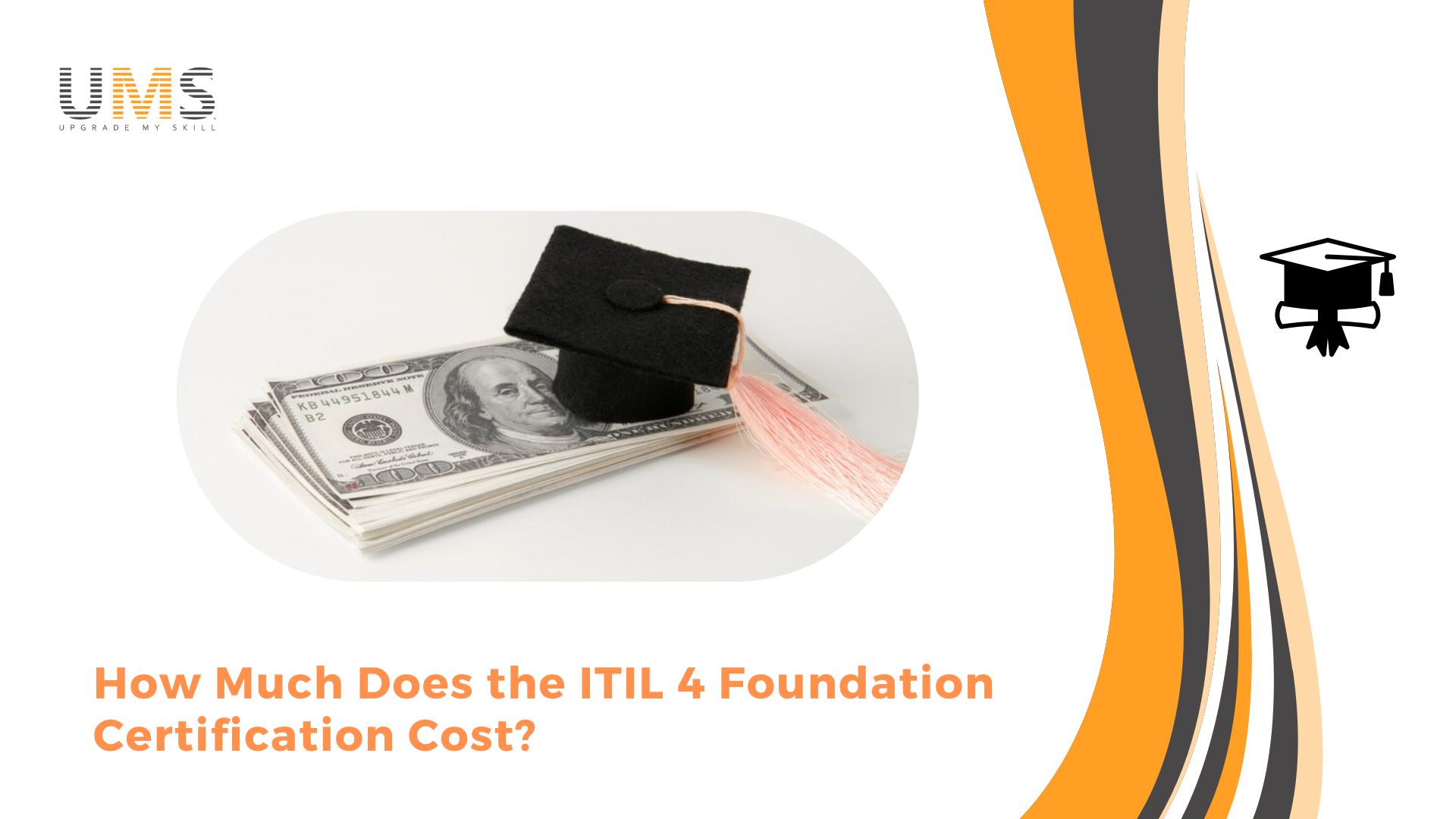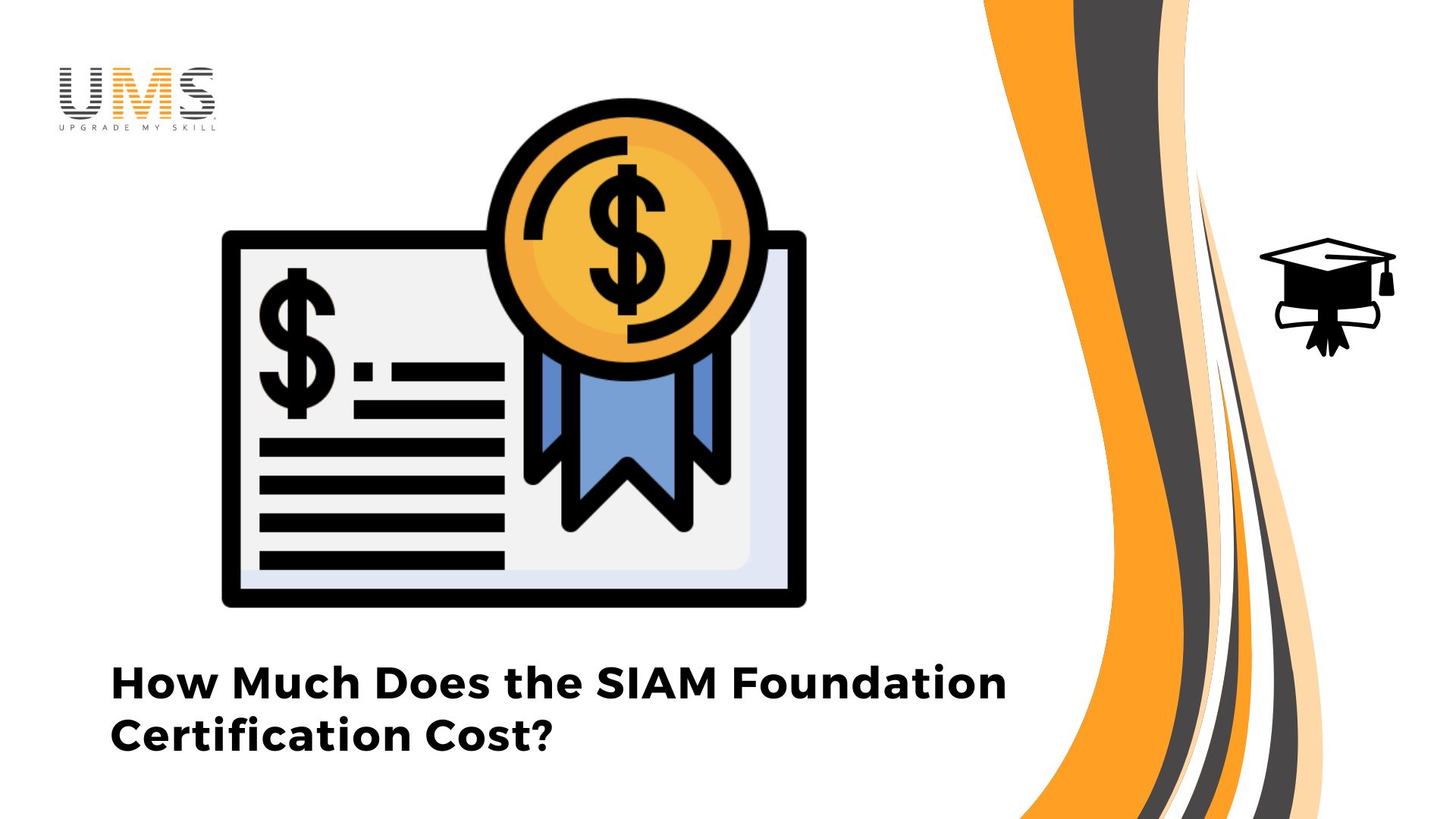- Posted By Admin
- Mar 12, 2025

The ITIL 4 Foundation Certification is a globally recognized qualification for IT service management professionals. This certification provides a solid foundation in ITIL 4 practices, which are designed to help organizations deliver high-quality IT services efficiently and effectively. If you're aiming to earn the ITIL 4 Foundation Certification, understanding the syllabus and key topics is essential for your preparation. In this guide, we will explore the certification syllabus, the core concepts of ITIL, and provide tips for passing the exam.
ITIL 4, or Information Technology Infrastructure Library 4, is an updated version of the globally recognized framework for IT service management (ITSM). ITIL 4 shifts from a traditional, process-heavy model to a more flexible, holistic approach that emphasizes collaboration, agility, and value creation. It integrates concepts from Agile, Lean, and DevOps, recognizing that modern IT services require greater flexibility and responsiveness to ever-changing customer needs and market demands. The core of ITIL 4 is the Service Value System (SVS), which aligns all activities within an organization to co-create value through seamless collaboration and continuous service improvement. This value-driven approach helps organizations deliver better customer experiences, optimize resources, and adapt quickly to technological changes.
A key distinction of ITIL 4 is its focus on service value co-creation, where value is not simply delivered by the service provider, but is developed through collaboration with stakeholders. ITIL 4 emphasizes continuous feedback and improvement across all aspects of IT service management. With its Service Value Chain and guiding principles, it ensures that organizations focus on activities that drive value, such as planning, designing, transitioning, delivering, and improving services. The framework also supports the implementation of best practices for critical areas like incident management, change control, and service desk operations, making it a versatile and comprehensive approach to managing IT services in today’s fast-paced digital environment.
Before delving into the ITIL 4 Foundation syllabus, it is crucial to understand the core concepts of ITIL 4 and its value-driven approach to service management.
Key Topics to Cover:The Service Value System (SVS) is at the heart of ITIL 4. It ensures that all stakeholders are involved in the delivery of value and that every activity within an organization is aligned with the goal of improving service outcomes.
Key Components of the SVS:The Service Value Chain outlines the key activities that transform demand into value. These activities are supported by ITIL practices and are designed to work in a flexible, interconnected way.
The Key Activities:ITIL 4 introduces 34 management practices that are critical to delivering high-quality services. These practices are categorized into three groups: General Management Practices, Service Management Practices, and Technical Management Practices.
Key Practices to Understand:The ITIL 4 framework includes seven guiding principles that help organizations make decisions and take actions that align with the goal of delivering value. These principles are applicable to all areas of service management.
The Seven Guiding Principles:Continual improvement is a key aspect of ITIL 4. It is not a one-time activity but a culture that is embedded in every part of the service lifecycle. This section covers the steps involved in implementing a continual improvement process.
Key Steps in the Continual Improvement Model:The ITIL 4 Foundation exam tests your knowledge of the ITIL framework, its practices, and how to apply them effectively. This section covers the structure of the exam and offers tips for preparation.
Exam Structure:ITIL 4 is applicable in a wide range of industries and organizations. This section discusses how ITIL can be implemented to drive service excellence and optimize IT service management.
Applications in Various Industries:
Fast Filling! Hurry Up.
Fast Filling! Hurry Up.
Fast Filling! Hurry Up.
Becoming ITIL 4 Foundation Certification is a critical step in advancing your career in IT service management. By mastering the syllabus and understanding the ITIL 4 framework, you will not only be prepared for the exam but also equipped to make a significant impact in your organization.
Are you ready to start your ITIL 4 Foundation journey? At Upgrade My Skill, we offer comprehensive ITIL 4 Foundation Certification Training. Our expert instructors, real-world case studies, and hands-on exercises will ensure you're fully prepared to succeed in the certification exam and beyond
Start your ITIL 4 Foundation training today and take the first step towards mastering IT service management!

The ITIL 4 Foundation Certification enhances career prospects, improves service management skills, and increases salary poten...

The SIAM Foundation Certification boosts your career in IT service management by enhancing your skills in managing multi-prov...

The SIAM Professional Certification costs between $1,000 and $3,000, depending on factors like training provider, certificati...

The ITIL 4 Foundation Certification enhances career prospects, improves service management skills, and increases salary poten...

The SIAM Foundation Certification boosts your career in IT service management by enhancing your skills in managing multi-prov...

The SIAM Professional Certification costs between $1,000 and $3,000, depending on factors like training provider, certificati...